Presence & Leadership Training in Morocco
“This workshop made me more aware of my body which, for me, has just been a tool. I am much more cerebral by nature. Now, I realize that my body is my ally. Acquiring body consciousness and understanding how it helps me means I will be in much better harmony with myself from now on.”
Nayla Choueiter of the Blue Storm Institute organized the first Presence & Leadership Fundamentals – Embodiment Level 1 course in Morocco recently. Her training center in Casablanca is run like a lab where you can work on yourself and others.
Every time I work in a new country, I ask myself how Leadership Embodiment will be received in the local culture.
What did I learn?
I discovered that Presence & Leadership training really is based on universal principles making it easily transportable from one country and culture to another.
The feedback from the participants at the end of the weekend reflected this as well the participants’ high levels of sensitivity:
“I left connected to my body with new energy.”
“A gift – wrapped like a set of Russian dolls which I haven’t finished opening yet!”
“It’s wonderful to hear the voice of each person at the beginning and then hear them again at the end, completely transformed with new energy. I am amazed at the changes I participated in.”
“I‘ve come away from this with a realization about the force of habits. I’ve learned lots of recipes, and most importantly I understand that I have it in me and I can choose.”
“I have the impression that I was fighting myself, fighting my own body. I’ve learned to listen and I feel much calmer, more serene and oddly, much stronger!”
“I finished this course very tired but I didn’t feel obliged to compensate for that. The first realization is that I’m allowed to just be and do nothing, to respect the signals my body sends out. I hesitated to spend the weekend on this course, but I don’t regret it.”
When a whole team including the manager participate
This seminar was a bit different because it brought together a team of young managers from the same company with their president. Embarking in a personal learning adventure is always a risk, both for the manager and the team members. It begs the question “Can I reveal my real self?” Howdo we reconcile our habitual relationship in the work place with the direct and embodied connexion that this training brings into play?
Progressively, everyone found his or her rhythm really well and a way to engage at the level which suited them. This wouldn’t have been possible without the motivation of the team, who all agreed to attend over a weekend, and the CEO’s own level of consciousness and embodiment. She fully embraced her role as participant and focused on learning about herself. She understood my point of view and met the two environmental conditions that allowed her team to participate freely:
- She talked about herself and openly expressed what she wanted to change in her own behavior.
- She let everyone have their own space without feeling the need to comment on what they had to say.
The place of the body in Moroccan culture
I would like to learn more on ‘Moroccan Embodiment’. From this very short experience, I left with both an observation and an answer.
I was struck by the way the women tended to limit the space they occupy in the groupas evidenced by their posture, the difficulty of extending peri-personal space and their testimonies.
Those who adopted a folded posture (arms and legs crossed, stooped posture, unstable standing posture for example) have work to do to inhabit and invest their own space and the space around them with power. Others compensated by overextending their occupation of space.
Clearly these are just patterns. Each individual is singular. Presence & Leadership training allows each one to work on his/her own limitation and reprogram their neuro-muscular system at his/her own pace. At the same time, it is also interesting to take a look at and acknowledge the collective conditioning. My question is: If you are part of the Moroccan culture, what do you notice about the ways in which women occupy the space around them? What does this suggest to you? And, of course, the same question for the men as well.

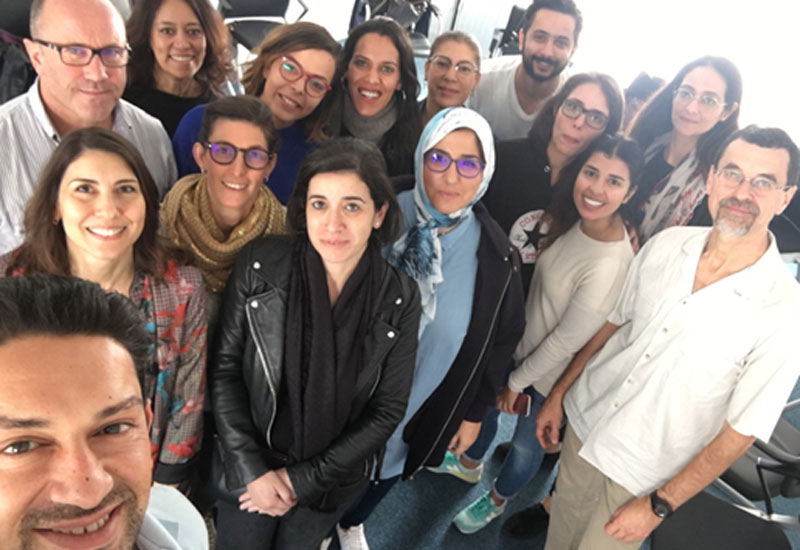
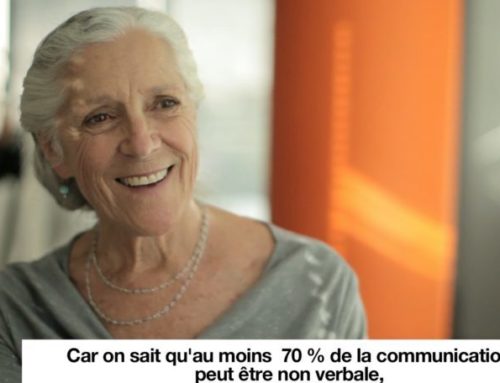
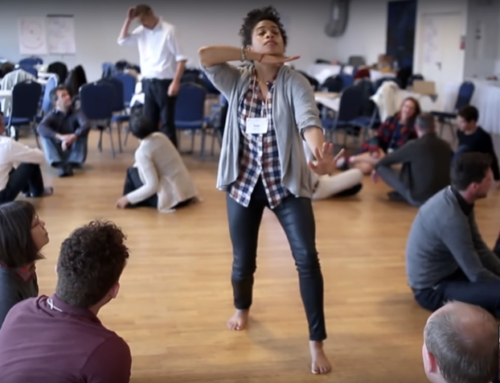
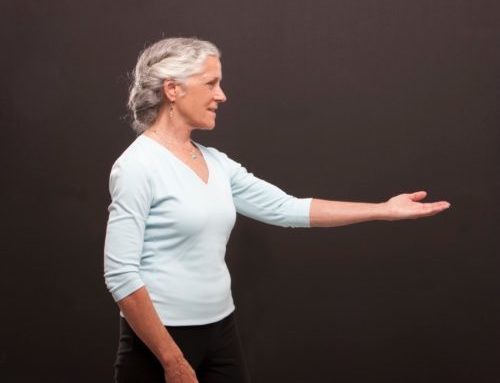
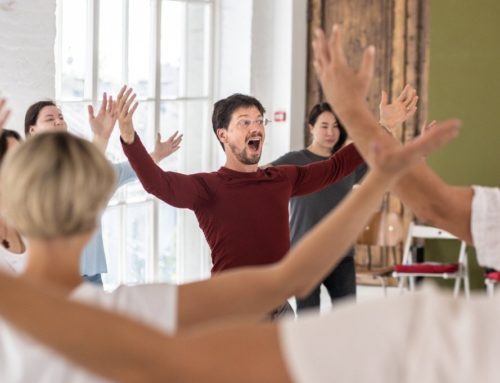
Leave A Comment